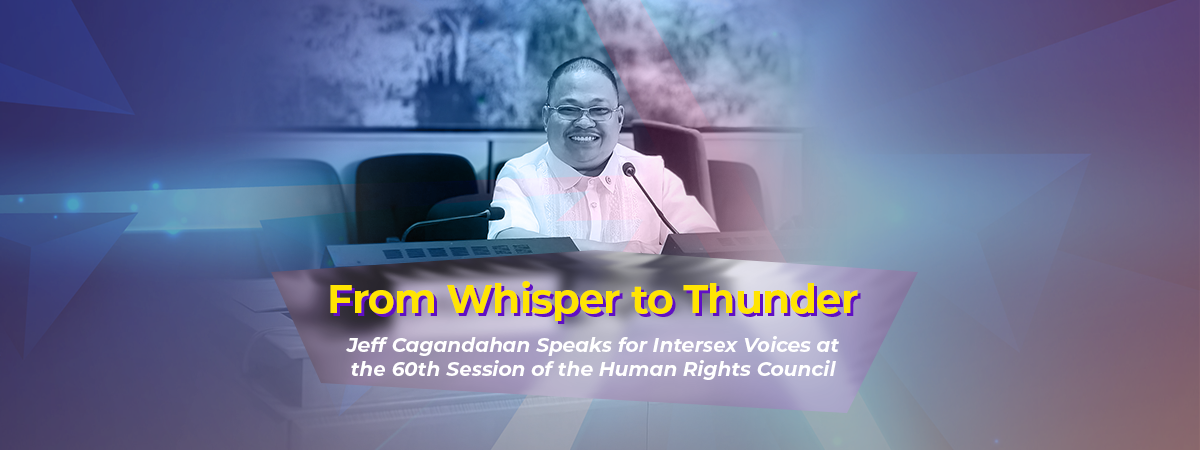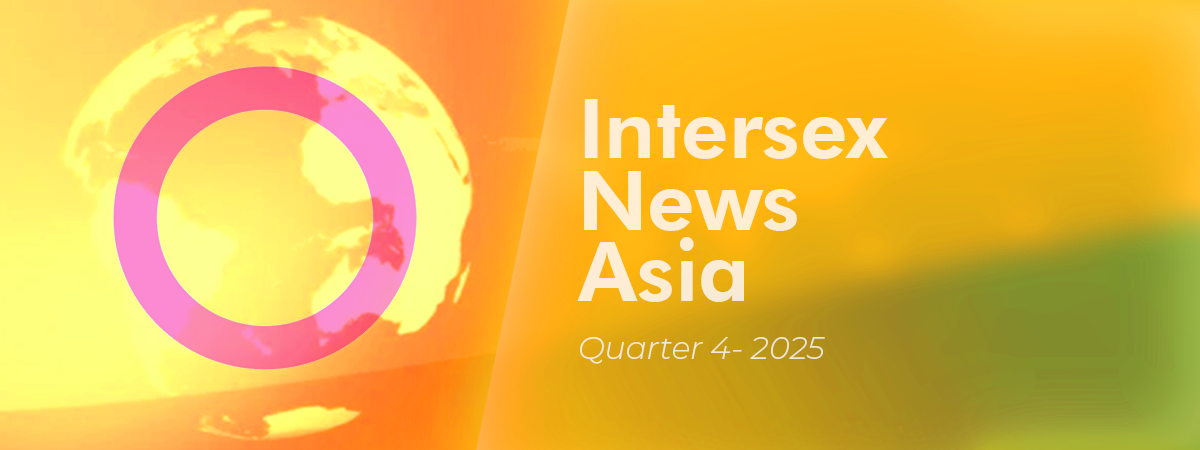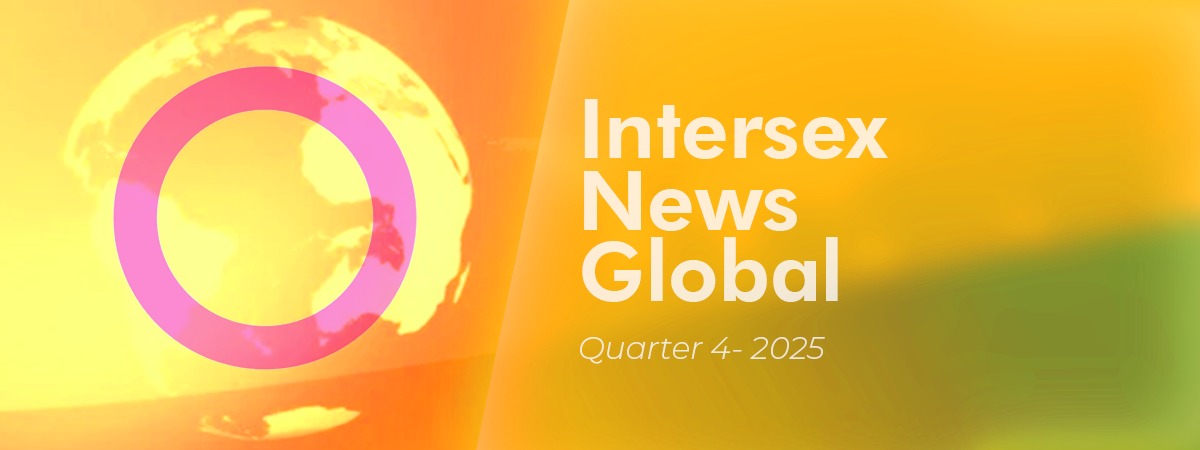When Jeff Cagandahan started his speech before the United Nations Human Rights Council in Geneva during the 60th session of the Human Rights Council, his words carried more than personal conviction. It’s the weight of a community that has long been silenced and overlooked. Speaking on behalf of the Asian intersex community, Jeff reminded the world that intersex people exist, and their voices matter in shaping the policies and decisions that affect their lives.
For many, this may seem obvious. But for intersex people, visibility has always been ignored. For decades, they were treated as medical cases to be hidden away, their identities erased by laws or ignored by governments. Even in recent years, political moves, such as the attempts from the Trump administration, have tried to strip protections from people who don’t fit binary definitions of sex. This shows how fragile their recognition can be. Jeff’s presence at the Council was a direct answer to that erasure.
The World Finally Takes Note
The 60th session of the Human Rights Council witnessed a truly historic event on Monday, 15 September 2025: the presentation of the United Nations Office of the High Commissioner for Human Rights (OHCHR) report on human rights violations against intersex persons. This landmark moment, which included a high-level panel discussion, was convened pursuant to the historic 2024 Human Rights Council Resolution 55/14, a milestone in the global intersex human rights movement. This discussion fostered a vital dialogue between States, national human rights institutions, UN agencies, and civil society organizations on effective, rights-based approaches to eliminating discrimination and ensuring dignity, autonomy, and equality for intersex persons.
As the Board Member of Intersex Asia and Executive Director of Intersex Philippines, Jeff Cagandahan had the honor of representing the global intersex community on this panel. His speech was paired with the release of a new report from the Office of the High Commissioner for Human Rights (OHCHR), which Intersex Asia is proud to have contributed to, providing a detailed perspective from the Asian region that highlights the violations intersex people endure across the globe.

Intersex infants and children are still subjected to irreversible surgeries and hormonal treatments without their consent, procedures often justified not by medical need but by discomfort with bodies that don’t fit conventional definitions of male or female. Survivors spoke of lasting pain, sterility, trauma, and loss of sexual function, alongside the psychological toll of never having a choice.
Beyond medicine, discrimination follows intersex people through every stage of life: bullying and dropout in schools, rejection in families, barriers in employment and housing, and even exclusion from sports under invasive and humiliating rules. The report also highlights the silence of legal systems, which resulted in most intersex people who suffered violations as children never seeing justice.
At its root, the report concludes, discrimination against intersex persons comes from stigma, secrecy, and harmful stereotypes. Yet, the report also identifies progress. As Jeff noted in his speech, “these are urgent calls for action to stop the physical and psychological harm inflicted upon us.” We are already seeing positive examples of this, with a few countries in Asia, South America, and Europe following Malta’s lead in passing legislation to protect intersex children from unnecessary medical interventions. These examples show what meaningful reform can look like.
A movement’s Inflection Point
Drawing on his own journey, Jeff shared how his activism in the Philippines began with a long legal battle to change his name and gender marker on his identity documents. That victory was a powerful moment, but it also highlighted the deep-seated challenges faced by the community globally. It is this lived experience that fuels his continued work in the Philippines, pushing for reforms that protect the bodily autonomy and legal rights of intersex children and adults.
For the intersex movement, this recognition by the UN marks a turning point. Activists describe it as finally reaching The Inflection Point, where it’s yet to be full equality, but no longer buried in invisibility. Jeff’s speech, alongside the report, provides a foundation to build upon. It transforms whispers in activist circles into thunder that can no longer be ignored in international halls of power.

The panel discussion also underscored the increasing support the movement is gaining from both States and civil society organizations. After the panel discussion, a range of stakeholders, including member states of HRC, representatives of National Human Rights Institutions, and NGO made statements demonstrating a shared commitment to move forward with concrete actions, including legal protections and policy reforms. From Asia, it is important to highlight the support received from the Commission of Human Rights from the Philippines and two Indian NGOs- Rajasthan Samgrah Kalyan Sansthan and Sambhali Trust. This collective support is a testament to the growing recognition that the rights of intersex persons are an integral part of the broader human rights framework.
From Geneva, an Echo Outward
The report provides a blueprint, but as Jeff concluded in his speech, “action is our shared responsibility. I ask of you today: listen to intersex people, partner with our organizations, and support legislation that protects our bodily integrity and ensures our full legal recognition. This is how we will move from a conversation about violations to a future of rights and dignity.” By speaking at the 60th Human Rights Council session, he affirmed that the conversation about intersex lives is open, and it cannot be closed again. Whispers have broken into thunder. And thunder, once it rolls, cannot be unheard.




